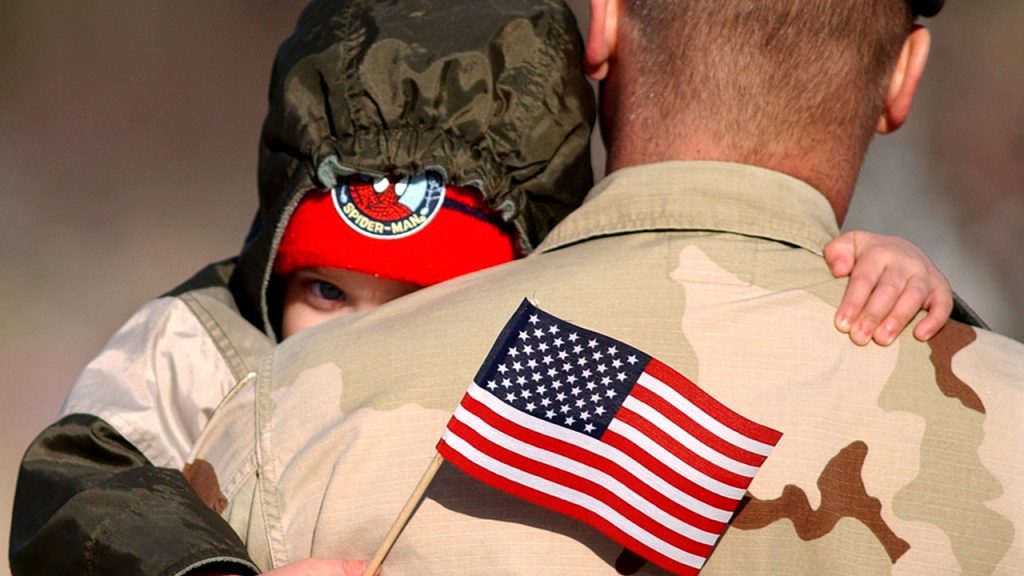Male veterans are committing suicide at an alarming rate compared to civilians, with a ratio of 24 to 1, according to data from the Centers for Disease Control and Prevention and the Veterans Administration. Family crises following military service can often be catalysts leading to suicide, with around 90% of veteran suicides occurring in the wake of a family incident. Combat experiences, extended periods away from home, failed relationships, and custody battles can all contribute to the stress and depression that can ultimately lead to thoughts of suicide among veterans.
The pain of losing custody of their children can be especially acute for veterans, as relationships with significant others and children often suffer greatly during deployments. This loss of access to their children can be the final straw that pushes many veterans toward suicide. Many veterans struggle as they transition back into civilian life, facing challenges with housing, employment, and family dynamics that can exacerbate feelings of hopelessness and despair. Thoughts of suicide can arise as a way to escape the pain and isolation of being separated from their children and feeling financially and emotionally bankrupt.
Female veterans also face mental health struggles, with a higher percentage of the female veteran population attempting suicide compared to male veterans. State-by-state data from the Veterans Administration paints a devastating picture of veteran suicides among men, with ratios as high as 240 men to 1 woman in some states. Despite efforts by the VA to offer comprehensive support and care to prevent veteran suicides, the disparities in suicide rates between male and female veterans remain stark and troubling.
Veterans who seek treatment for post-traumatic stress disorder (PTSD) may encounter challenges in accessing their children during custody disputes, as their mental health history and treatment can sometimes be used against them in legal proceedings. The military and society at large encourage service members to seek help for mental health issues, but the consequences of this treatment, such as restrictions on parenting time, can create additional barriers to accessing the support and care they need. These obstacles can further exacerbate feelings of isolation, hopelessness, and despair among veterans struggling with mental health challenges.
The stories of veterans like Jim from Massachusetts and Joseph from Massachusetts highlight the struggles faced by many veterans who find themselves separated from their children and battling with mental health issues. The pain of losing custody of their children can be overwhelming, leading some veterans to consider suicide as a way to end their suffering. The tragic reality of veteran suicide is a pressing issue that requires greater attention and support from society to address the underlying factors that contribute to these heartbreaking outcomes.
Veterans organizations like the All Secure Foundation in St. Louis, Missouri, founded by combat veterans Tom and Jen Satterly, are working to provide education, resources, and retreats for veterans battling post-traumatic stress and other mental health challenges. These initiatives aim to offer veterans support, healing, and hope as they navigate the difficult transitions and challenges they face in the aftermath of military service. By raising awareness, increasing access to mental health care, and offering support to veterans and their families, we can work towards preventing the tragedy of veteran suicide and ensuring that those who have served our country receive the care and support they deserve.














